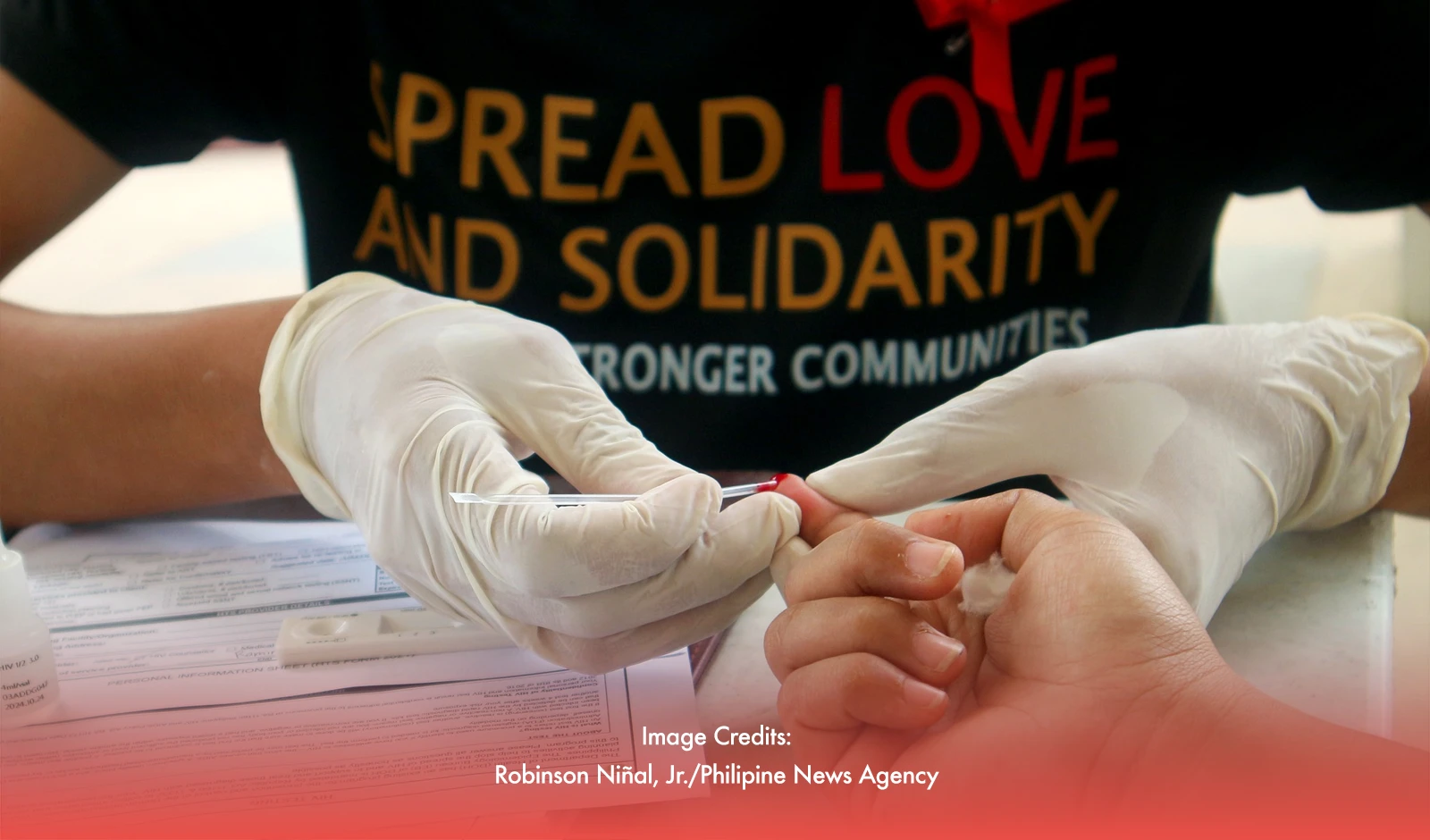The country is facing a rapidly escalating HIV crisis. According to the Department of Health (DOH), confirmed HIV infections have surged by an alarming 500 percent—the highest increase recorded in the Western Pacific Region. From January to March this year alone, 57 new cases were reported each day, a stark and dangerous uptick that has prompted urgent calls for government action.
In a statement issued Tuesday, June 3, the DOH warned that the situation can no longer be ignored. “We are proposing to declare HIV a National Public Health Emergency due to the 500 percent increase in cases,” the agency stated. Such a declaration would unlock critical resources and fast-track interventions to slow the spread before it spirals further out of control.
Testing is Free, Fast — and More Urgent Than Ever
As infections continue to climb at a disturbing rate, the DOH is urging every sexually active individual—regardless of age or orientation—to get tested immediately. HIV testing is free, confidential, and available across the country, but uptake remains low due to stigma and misinformation.
Health experts stress that early detection is the first and most powerful line of defense. Without it, the virus can silently spread, leading to more severe health complications and further community transmission. The DOH’s message is clear: act now, or risk being part of a growing epidemic.
Prevention Can’t Wait: Protect Yourself and Others
In response to the surge, the DOH is doubling down on its call for preventive action. The agency is urging the public to use condoms, lubricants, and pre-exposure prophylaxis (PrEP)—proven tools in reducing the risk of HIV transmission. Yet despite their effectiveness, access and awareness remain dangerously low.
“This is a public health emergency in the making. We are running out of time,” the DOH warned. Officials are calling for an aggressive national response, including stronger sex education, community outreach, and immediate policy support to avert a full-blown epidemic.








